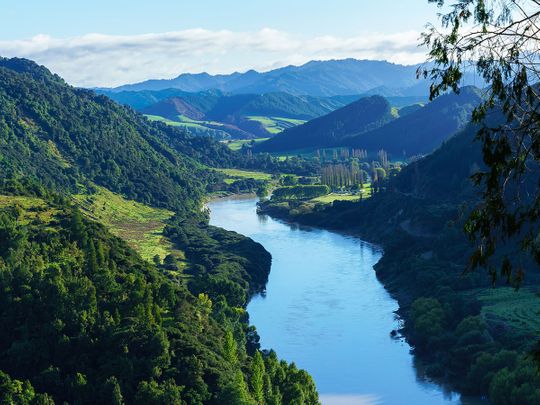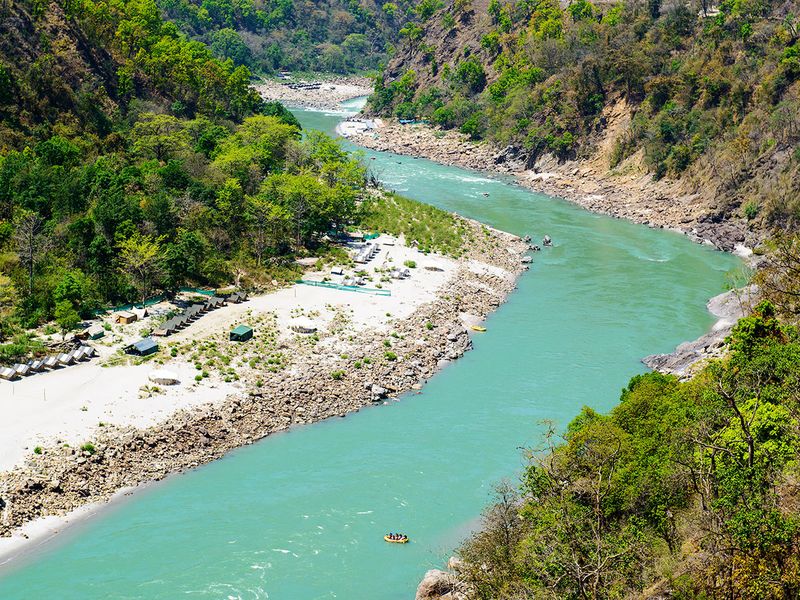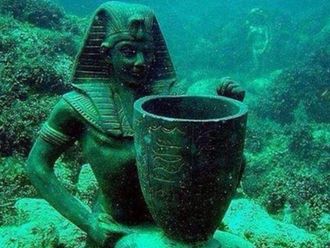
If Mother Nature was able to sue humans for all the damage caused to her, we would be in dire straits.
Click start to play today’s Word Search, where you can find various natural waterbodies.
No lawsuits have been brought to humans from Nature, but in the recent past, a handful of attempts have been made for natural landmarks to gain legal status as living beings. For the first time in history, the Whanganui River in New Zealand, revered by the indigenous Māori people, was successfully declared a living entity with full rights in 2017.
In March of the same year, India’s Uttarakhand High Court attempted to follow New Zealand’s route by making the sacred Ganges River (and its main tributary, the Yamuna) the first non-human entity in the country with the same legal status as a human being. However, the decision was overturned by the country’s Supreme Court four months later.

But why are people trying so hard for rivers to gain legal personhood?
According to an April 2019 report in National Geographic, in the case of Whanganui River, it was done to address long-standing injustice. For more than 700 years, the Whanganui tribes managed, tended to and relied on the river, which they called “awa tupua” – the river of sacred power. There’s even a Maori traditional saying that declares their connection to their ancestral river: “The great River flows from the mountains to the sea. I am the River, the River is me.”
But ever since European settlers arrived in the mid-1800s, the Maoris have had to watch their river descend into ruin and disgrace. Its rapids were dynamited to create easier passage for tourist paddle steamers and its gravel was extracted for road metal, causing irrevocable damage to the river’s bed and its fish. Even the mouth of the river became a drain for the city’s sewage.
With the river gaining a voice, it meant the country was finally recognising the connection between the tribes and the river, and acknowledging that it was a treasure to be cherished and not exploited.
It was a similar reason for India's Ganges River, too. Granting it legal personhood meant that polluting or damaging the rivers would have been legally equivalent to harming a person. However, the country's Supreme Court felt the initial ruling was not practical and could have led to complicated legal situations.
Did you know about these rivers? Play today’s Word Search and let us know at games@gulfnews.com.









